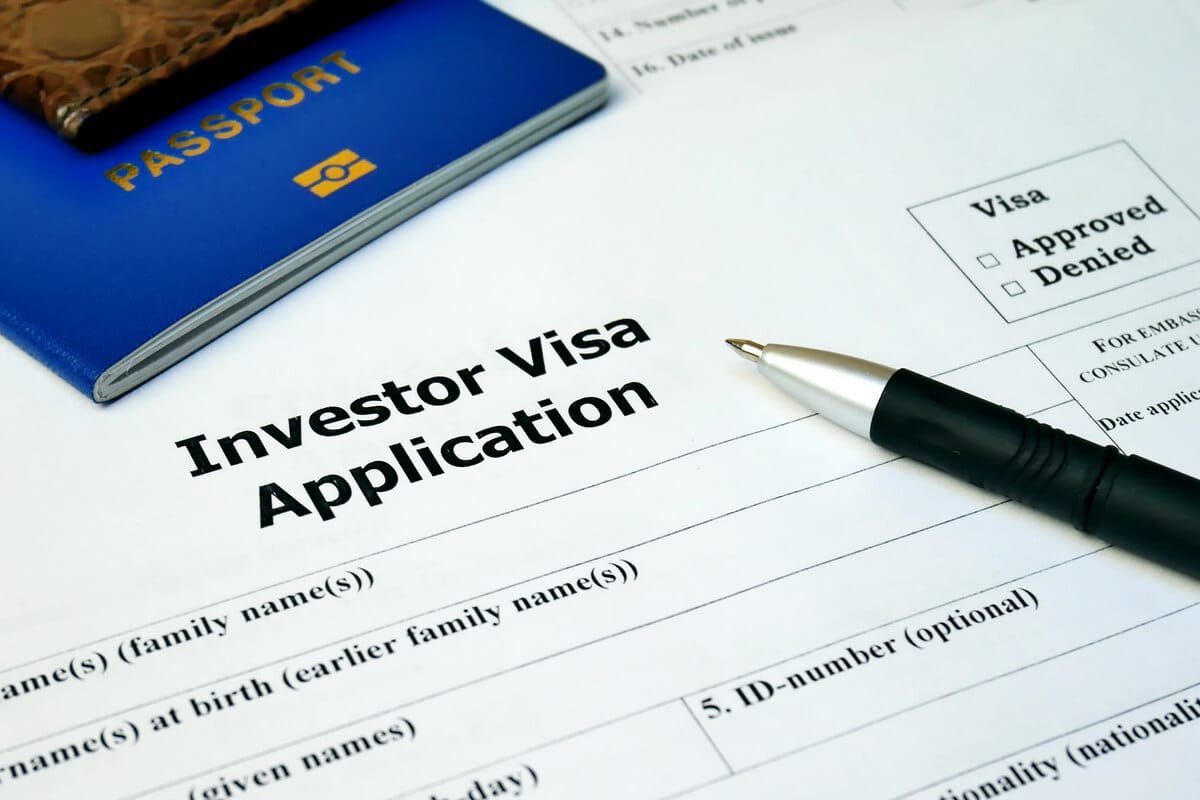
Canada offers various immigration pathways for investors and entrepreneurs, providing an excellent opportunity to establish a business, contribute to the Canadian economy, and eventually obtain permanent residency. The Canada Investment Visa is a broad term encompassing a few different investment-related immigration programs, each designed to attract foreign capital and expertise. Here’s a breakdown of the main investment-based immigration options and a guide on how to apply.
Canadian Investment Visa Programs
There is no single “Investment Visa” in Canada. Instead, various programs cater to high-net-worth individuals, business owners, and entrepreneurs. The most prominent programs include:
- Start-Up Visa Program (SUV)
- Provincial Nominee Programs (PNPs) with Business Streams
- Self-Employed Persons Program
Each program has unique requirements, eligibility criteria, and processes, catering to different types of investors and entrepreneurs.
1. The Canada Start-Up Visa (SUV) Program
The Start-Up Visa Program is one of the most popular pathways for investor immigration. It targets innovative entrepreneurs who can create jobs for Canadians and compete globally.
Eligibility Requirements
To qualify for the Start-Up Visa, applicants must:
- Have a qualifying business: The business should be incorporated in Canada with a significant part of its operations conducted within the country.
- Secure a commitment from a designated organization: This organization can be a venture capital fund, angel investor group, or business incubator approved by the Canadian government.
- Meet language requirements: Applicants must demonstrate proficiency in English or French, typically through an accepted language test (minimum CLB 5).
- Show sufficient settlement funds: Applicants must prove they have enough funds to support themselves and any dependents upon arrival in Canada.
Application Process
- Secure a commitment: Obtain a Letter of Support from a designated organization. This is a critical step and often requires pitching your business concept to potential investors.
- Submit your application: Complete and submit the Start-Up Visa application, including all required documentation and fees.
- Processing and decision: If approved, applicants receive a work permit to begin establishing their business in Canada while awaiting permanent residency.
2. Provincial Nominee Programs (PNPs) with Business Streams
Several Canadian provinces and territories operate Provincial Nominee Programs that include business or investor streams, catering to individuals who wish to invest in, manage, or establish a business in a specific region.
Each province has unique investment requirements, net worth criteria, and processes. The most notable PNPs with business streams include:
- British Columbia Entrepreneur Immigration
- Ontario Entrepreneur Stream
- Manitoba Business Investor Stream
- Saskatchewan Entrepreneur Program
Eligibility and Application Process
The basic eligibility requirements typically include:
- Minimum investment: Provinces often have specific minimum investment amounts (e.g., $200,000 to $600,000) based on the region and type of business.
- Net worth requirement: Applicants usually need to prove a minimum personal net worth, ranging from $400,000 to over $1 million, depending on the province.
- Business experience: A demonstrated background in business management or ownership is typically required.
Each province has a two-step process:
- Submit an Expression of Interest (EOI): Applicants submit an EOI to the provincial program. High-ranking candidates are invited to apply.
- Nomination and Federal Application: If approved, the province nominates the applicant, who then applies for permanent residency through Immigration, Refugees and Citizenship Canada (IRCC).
3. Self-Employed Persons Program
The Self-Employed Persons Program is aimed at individuals with relevant cultural or athletic experience who wish to become self-employed in Canada. Though not an “investment visa” in the traditional sense, it’s worth noting as a pathway for those in certain fields.
Eligibility Requirements
To qualify, applicants must:
- Have relevant experience in cultural activities, athletics, or related fields.
- Be willing to make a significant contribution to Canadian cultural or athletic life.
- Demonstrate sufficient funds for settlement.
The Self-Employed Persons Program is limited to specific fields, so applicants should ensure their experience aligns with program requirements.
Benefits of Investment Immigration in Canada
- Pathway to Permanent Residency: Successful applicants through any investment program may become Canadian permanent residents, with opportunities for citizenship.
- Quality of Life: Canada is renowned for its high quality of life, robust healthcare system, and multicultural communities.
- Business-Friendly Environment: Canada offers a supportive environment for business owners and innovators, with access to global markets and a strong economy.
How to Begin the Application Process
- Assess Your Eligibility: Determine which investment pathway aligns best with your profile, experience, and investment goals.
- Prepare Required Documents: Compile financial, business, and personal documentation early in the process to avoid delays.
- Consult with a Professional: For those unfamiliar with the requirements or who prefer expert guidance, consult with a certified immigration consultant or lawyer specializing in Canadian investment immigration.
Conclusion
Canada’s investment visa options provide multiple pathways for investors and entrepreneurs to immigrate, offering the potential for both economic benefits and personal fulfillment. By carefully assessing eligibility, understanding program requirements, and seeking professional advice, investors can increase their chances of successfully securing permanent residency in Canada.